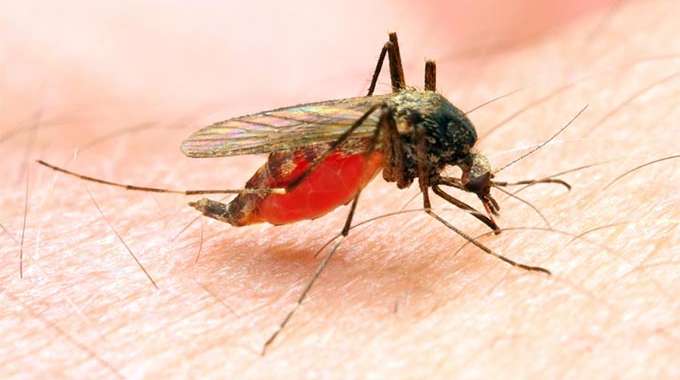Copyright zimeye

By A Correspondent – The Emmerson Mnangagwa administration is facing mounting criticism as malaria continues to claim lives across Zimbabwe, with Mashonaland West province reporting 78 deaths since January this year. Observers say the spike highlights systemic failures in the government’s health response and raises questions about preparedness in malaria-prone areas. Government sources on Thursday said that they are intensifying efforts through community awareness programs, vaccination campaigns, and larva scoping in stagnant water bodies. Community-based health workers are at the forefront, bringing services directly to households. Nyakasikana Village health worker Mr Friday Kavhinga told the Zimbabwe Broadcasting Corporation yesterday, “We test people right at their homes and refer serious cases to the clinic. Before, people would travel long distances, but now help is at their doorstep.” Despite these interventions, Hurungwe district alone has recorded 28 deaths, marking it as one of the hardest-hit areas in Mashonaland West. Health officials attribute the surge to irregular rainfall patterns and inadequate preventive infrastructure. “Hurungwe remains one of the hardest districts hit by malaria in Mashonaland West. We have recorded 28 deaths, and our teams are working tirelessly to reduce this number as we head into the rainy season. We are installing new diagnostic machines, Chemistry Analyser, ensuring adequate drug supplies, and intensifying spraying and awareness programs. The goal is to curb new infections and prevent avoidable deaths,” said a source in the Ministry of Health and Child Care last week. The International Federation of Red Cross and Red Crescent Societies is also involved, providing testing kits and training for village health workers. PMER Officer Mrs Tariro Kamangira told State media : “As the International Federation of Red Cross and Red Crescent Societies, we believe fighting malaria requires a collective effort. The government is doing a tremendous job in prevention and response, but communities also need strong support systems. That’s why we are complementing these efforts through training village health workers, providing testing kits, and ensuring that critical health services reach even the most remote areas. Our focus is to save lives by strengthening community resilience.” Critics argue, however, that these measures are long overdue and fail to address deeper systemic weaknesses in Zimbabwe’s health sector. Observers point out that despite repeated warnings and previous malaria outbreaks, the government’s reactive strategies have left communities vulnerable, resulting in preventable deaths. At the national level, a source in the Ministry of Health and Child Care said last week that indoor residual spraying has been scaled up, insecticide-treated nets distributed, and awareness campaigns intensified. The Ministry aims to reduce malaria incidence by 90 percent by 2030. But for many Zimbabweans watching loved ones fall victim to a disease that is largely preventable, such targets offer little consolation. The unfolding crisis underscores a harsh reality: under the Mnangagwa regime, public health emergencies continue to expose gaps in governance and preparedness.



